The consequences of covid, which directly affected almost all areas of the business, will affect throughout the coming year.
The entertainment industry was the first to suffer: events got canceled one after another, and crowded places were closed. However, since April many companies and brands started transforming their services into an online format. The restaurateurs were the first to adapt their menus to delivery in a convenient packaging. Sports studios pulled up next, and it’s already customary to do warm-ups, do yoga and even learn to dry swim online (this is a set of exercises designed to develop muscle strength and swimming techniques).

Those brands that managed to rebuild are feeling more or less ok, the rest are suffering from inevitable losses. But if everything is quite predictable with food and sports, then what happens to those types of leisure, entertainment and recreation that are hard to imagine online? With museums, theaters, cinema, concerts and travel? We dedicate this article to explore some of their opportunities.
Travel
After countries closed their borders one after another, tickets began to be handed over, and hotel reservations got canceled, the travel industry was in a terrible recession. But in spring many services began to go online, Airbnb being one of the pioneers with their offer of unique online events from around the world. For an authentic experience, the service offers to take a walk on a Mediterranean farm in Croatia, prepare Mexican street tacos with a chef in Mexico, take a walk along the streets of Prague with a plague doctor, master the tricks of a magician from the USA or take a walk through the “magical” places from Harry Potter in Edinburgh. Each activity takes about 1.5 hours and costs from 10 USD per person.

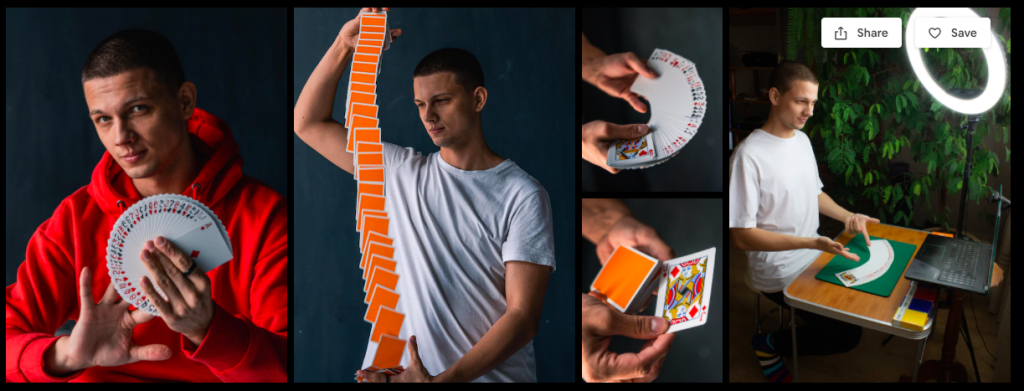
Large hotel groups also did not stand aside from the general trend. Belmond makes virtual tours of their rooms on Instagram, arrange guided meditations, teach how to make homemade soap or arrange a bouquet of flowers, how to make a real spa at home and to choose relaxing music. All activities are aimed at maintaining wellbeing and good health giving all sorts of options in order to spend some quality time alone and relax.

A similar project is made by the Six Senses: they offer home-based wellness activities online such as breathing techniques, stretching, classes to make herbal tisanes and sleep well.
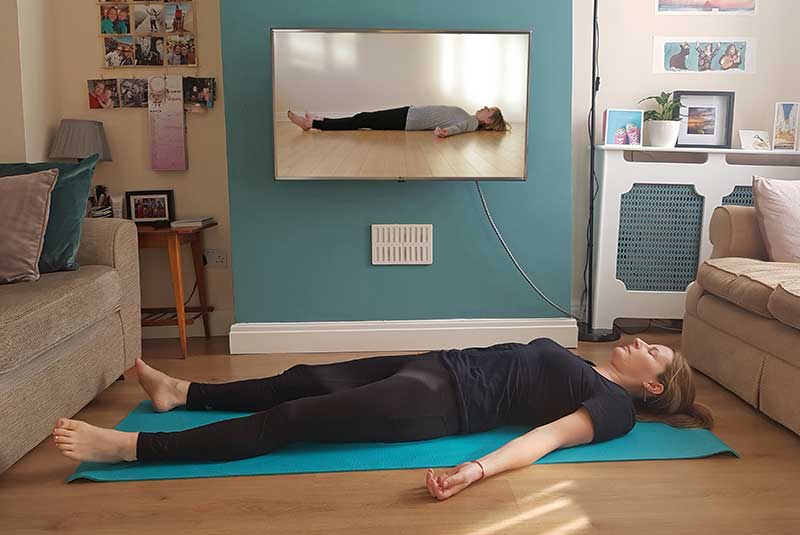

These steps are quite expected, but the appearance of the term “gaming tourism” for many was a big surprise for many.
According to Wunderman Thompson Intelligence, companies that offer bespoke virtual worlds began to appear. These worlds are a symbiosis of actual journeys of the customer and some added details. In addition, in February 2020 the British Rough Guides launched a collaboration with xBox and announcing a virtual guide to the universes of famous games. The guide makes a list of places that are a must to visit in such games as Halo 5, Guardians, Metro Exodus and Forza Horizon 4. The graphics are so high-quality and realistic that they almost erase the gap between realities.

Meanwhile, in order to immerse a person completely in the place where he wants to get, sensory options are the key. Software engineers are already developing technologies that will allow the virtual traveler to use not only his sight, but also touch, smell, taste and hearing, that makes it all possible tools for communication with the environment: to touch objects, surfaces, hear sounds, smell. Eat food chosen in the game. And then an absolutely full-fledged experience will be possible — so a new product appeared at the junction of travel and the gaming industry.

Museums
While being closed, the Vatican, the Louvre, the Metropolitan Museum of Art and many others also offer virtual tours. But there are some fascinating examples of how museums attract online visitors. For example, the interweaving of gamification and content from museums by Nintendo, which has integrated several museum exhibitions into its games. On the international museum week, which runs from May 18-31, Animal Crossing: New Horizons players got to watch fish, insects and fossils at various virtual exhibitions and fill out a special form with questions. More correct answers mean more points in the game.
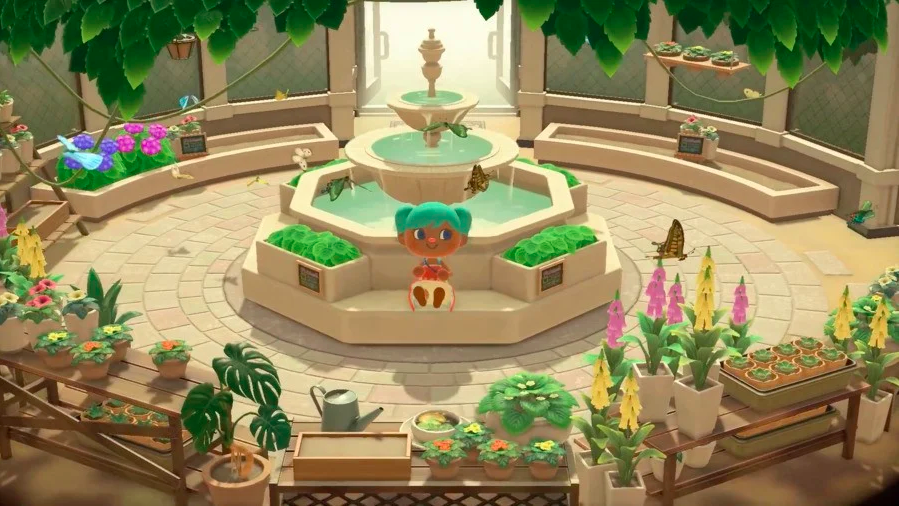
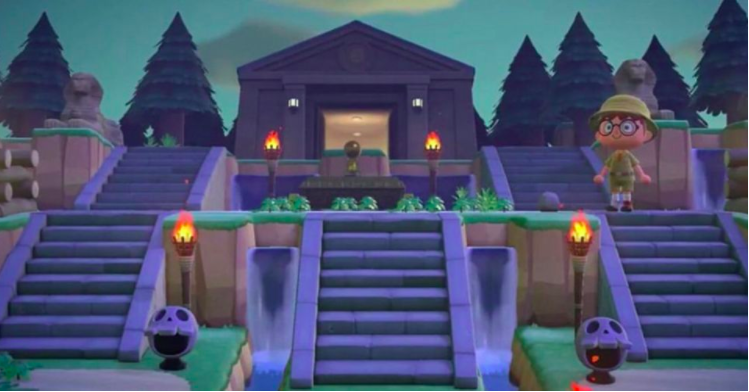
Movies
Production companies and numerous film groups are usually involved in the creation of even short films. But the creativity is never asleep, and filmmakers from around the world in isolation are using improvised tech, their smartphones and laptops. Scriptwriters write scripts of short series, which artists can subsequently shoot at home, thereby providing them with work and an opportunity to do their beloved job. Directors manage the process through Zoom. Thanks to this, a new term appeared: screenlife is a new storytelling format. Everything that the viewer sees is on the screen of a device — a computer, tablet or smartphone. In fact, this format originated several years ago, but it was in quarantine that it began to actively develop, there simply are no other ways of shooting in these sircumstances.

Theater
In addition to the classic broadcasts of world premieres and repertoire performances in theaters around the world, new formats also appear in this form of art. For example, British actor Stephen Fry took part in a recording for the radio play The Understudy, with each of the participants recording their part separately at home. After collecting all the material, there was a broadcast broadcast of the play online. The project is for charity raising funds to support the theater industry.

Concerts
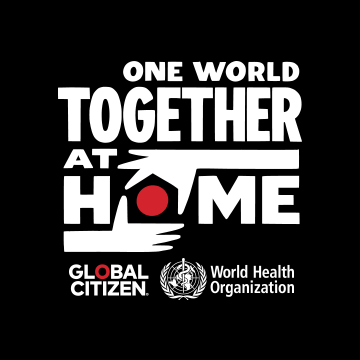 The beginning of quarantine was marked by the fact that world-famous artists who had to cancel their concerts and tours got bored and started the #TogetherAtHome flashmob in support of the World Health Organization and other funds and medical organizations involved in fight against the virus. Chris Martin from Coldplay, Jared Leto from 30seconds to Mars, Pink, Elton John, Billy Elish, Robbie Williams and many others hosted home concerts on Instagram, urging everyone to stay home.
The beginning of quarantine was marked by the fact that world-famous artists who had to cancel their concerts and tours got bored and started the #TogetherAtHome flashmob in support of the World Health Organization and other funds and medical organizations involved in fight against the virus. Chris Martin from Coldplay, Jared Leto from 30seconds to Mars, Pink, Elton John, Billy Elish, Robbie Williams and many others hosted home concerts on Instagram, urging everyone to stay home.
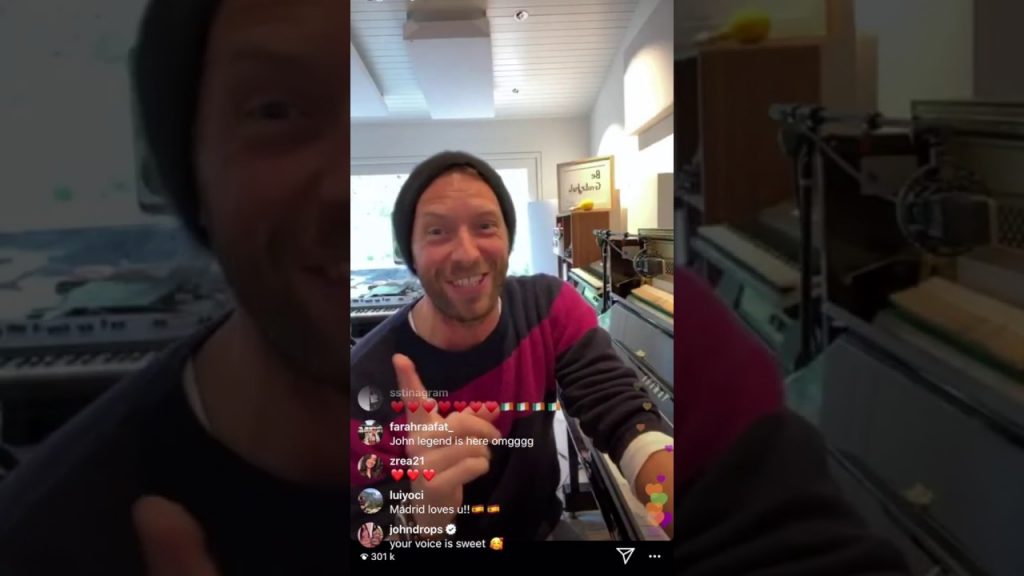

Why was quarantine not so bad news for some industries? The winners are always those who are easy-going, fast and flexible to adapt to circumstances. Thanks to creativity and speed of reaction, new formats and forms have appeared that will develop and flourish in the future. Concert, museum, theater and cinema halls will still gather viewers offline, but travel and new experiences that have gone from offline to online can continue their digital path. The results of these changes we will see and live in the very near future.
